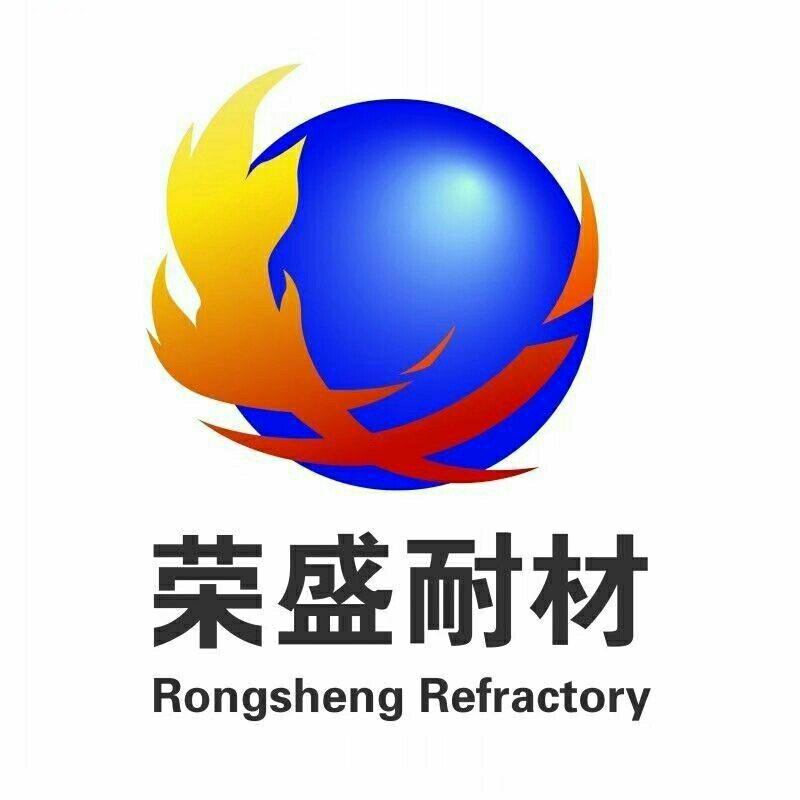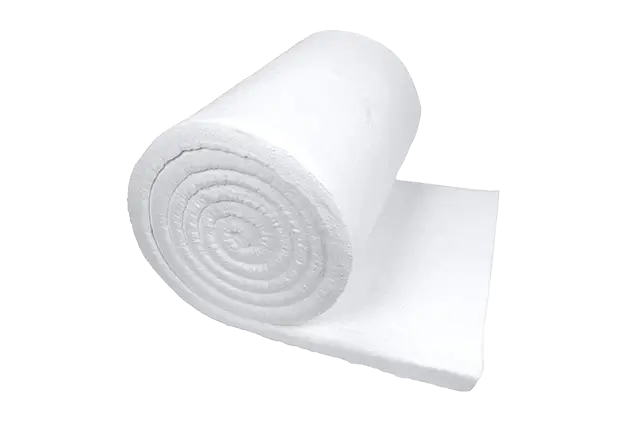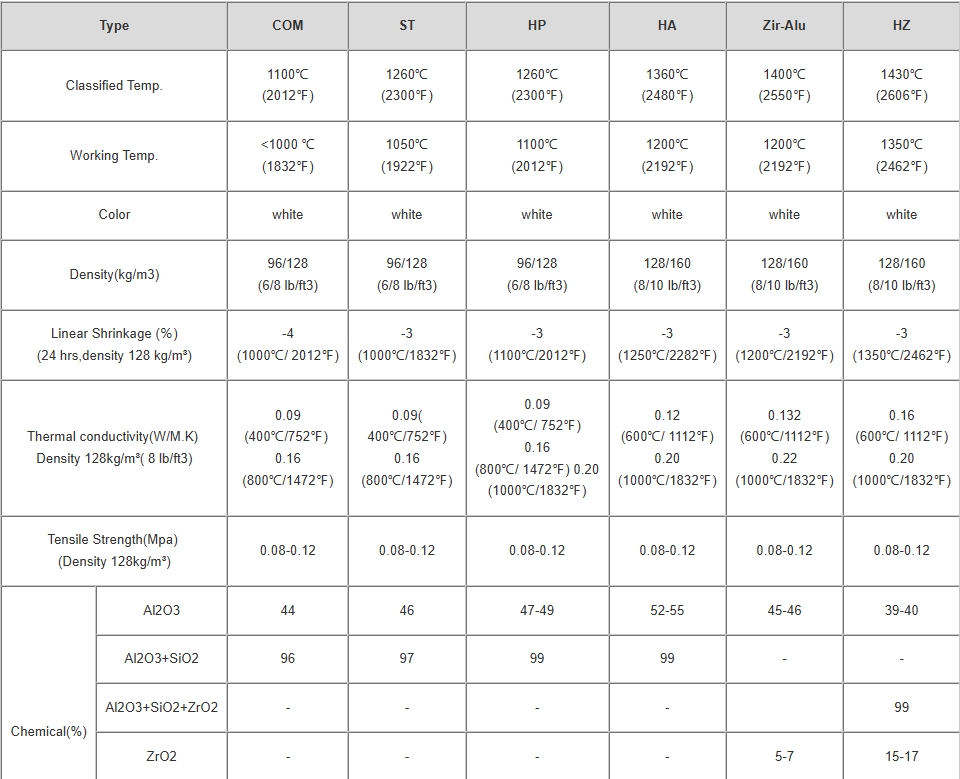Product Details
Product Introduction
Our high-performance ceramic fiber insulation blanket uses advanced material technology and is designed for a variety of high-temperature industrial applications, providing excellent insulation performance. It has low thermal conductivity and excellent thermal stability, ensuring optimal energy savings and efficiency improvements during operation. Lightweight but strong, ceramic fiber insulation blanket is easy to install and handle, can withstand extreme conditions and has good impact resistance, ensuring durability and long life. This product is particularly suitable for fields such as power generation, chemical processing and manufacturing, where the need for high-temperature insulation is critical. Choosing our ceramic fiber insulation blanket, you will get a reliable high-performance thermal insulation solution that perfectly meets the needs of modern industry.
Advantages and features
1. Outstanding thermal insulation performance and low thermal conductivity effectively reduce heat loss, improve energy efficiency and help save costs.
2. Lightweight and durable design, easy to handle and install in various industrial environments, improving construction efficiency.
3. Excellent thermal and chemical stability, ensuring reliability even at extreme temperatures and improving production safety.
4. Strong and resistant to thermal shock, it greatly extends the service life of the product in high-load operation and reduces the frequency of maintenance.
5. Widely used in electric power, metallurgy, chemical industry and other fields, providing customized insulation solutions to meet diverse needs.
Application Scenario
1. Reliable insulation solutions for power generation facilities, including boilers, turbines and pipelines, to improve thermal efficiency.
2. Chemical industry: achieve effective thermal management in reactors and heat exchangers to improve process stability.
3. Metallurgical operations: enhance thermal control of furnaces, improve production efficiency and reduce energy consumption.
4. Construction applications, providing fire protection and thermal insulation for thermal barriers in buildings and industrial structures.
5. Automotive and aerospace industries, protecting components from heat exposure and improving overall performance.











